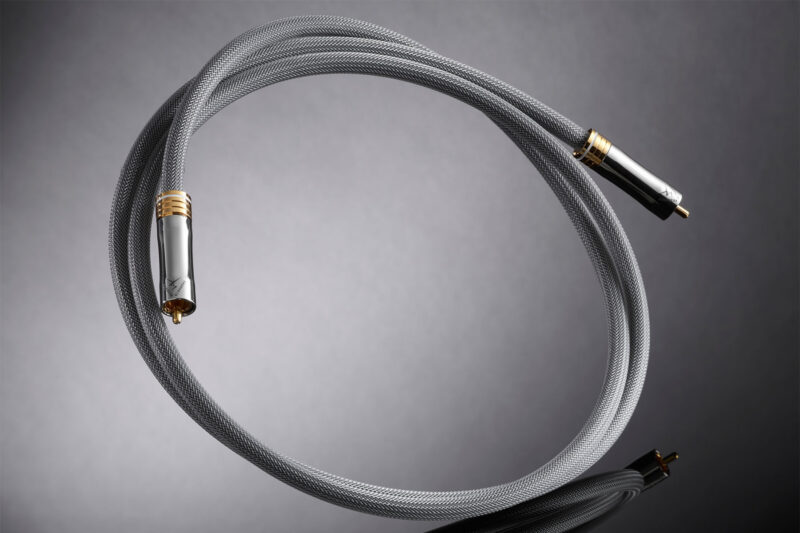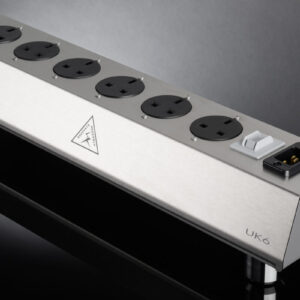Shunyata Research digital cables are produced using a Precision Matched Z (PMZ) concept. This means that tolerances of the conductor surface, dielectric extrusion, and the precision of the braided shield are held to minute variances. To achieve these tight tolerances, the extrusion and braiding machines must be run at one-quarter speed during the manufacturing process. The result is better performance through a reduction of cable-induced ‘signal jitter’. (Note: Z means impedance)
PMZ Connectors
Pulse timing is critical to digital transmission accuracy. It is critical that a digital connector’s impedance precisely match the cables’s characteristic impedance. A mismatched connector will create signal reflections which increases digital jitter or phase noise. A 50-ohm cable requires a 50-ohm termination — not the commonly used 75-ohm connector. Shunyata Research is careful to ensure that every cable and connector are precisely matched for a seamless component to component connection.
VTX
Shunyata Research’s exclusive VTX™ conductors are made in the shape of virtual tubes. The core of the conductor is completely hollow minimizing skin effects and random eddy currents. They are produced using OFE Alloy-101.
Ohno
Ohno wire, also called PCOCC was invented in 1986 by professor Atsumi Ohno of the Chiba Institute of Technology in Japan. Copper wire is created by an extrusion process that pulls a rod of cold copper through a small orifice which creates multiple crystalline boundaries. By contrast, Ohno wire is made by a process using heated molds that cast a wire to form a single crystalline structure. Ohno wire is well known for its exceptionally pure, grain-free sonic qualities.
KPIP Blackbird Processor
KPIP™ PROCESSING
Shunyata Research’s proprietary Kinetic Phase Inversion Process includes four days of continuous KPIP™ processing to dramatically reduce burn-in time and significantly improve sonic performance, delivering a relaxed and life-like presentation.






